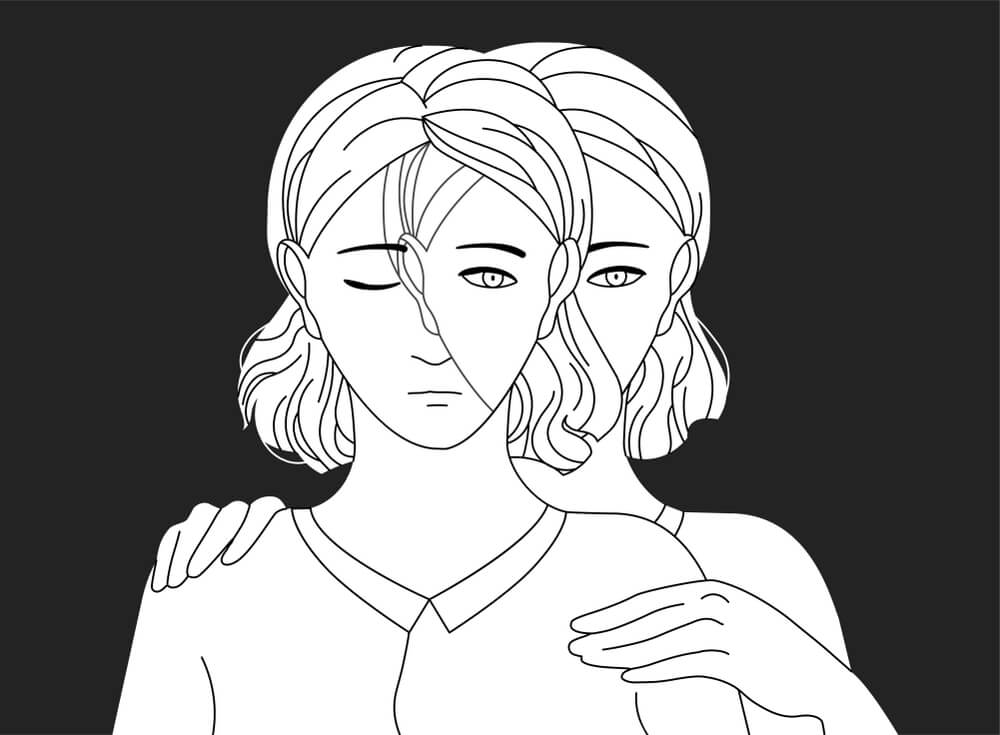Harald Schultz-Hencke was a German psychiatrist and psychotherapist, born in Berlin on 18 August 1892. Little is known about his childhood; her mother was a graphologist and her father a chemist. The family had a good financial situation and apparently their first years of life passed smoothly and without major problems.
It is also known that Harald Schultz-Hencke participated in the First World War in the front line and, after this experience, which seems to have been traumatic, he returned to his hometown, where he studied medicine.
- As he continued the course.
- He began to become acquainted with sigmund Freud’s thesis.
- Which immediately got his attention.
- In this article we get a little closer to this ambiguous figure of psychoanalysis.
- His life and his work.
“Don’t try to become a man of success, but a man of value. ” -Albert Einstein-
After psychoanalysis with Sandor Rado, Schultz-Hencke was encouraged to specialize in psychotherapy; however, from a very young age he began to express discrepancies with Freudian theory of sexuality and the unconscious, being excluded from the German Society of Psychoanalysis.
Harald Schultz-Hencke then began an approach to Alfred Adler’s thesis, while defining himself as a socialist.
His disagreements with Freud led him to create a new theory, with which he intended to found a new school of psychoanalysis, although he did not initially name it.
In 1926, he founded the Allgemeine ‘rztliche Gesefischaft f’r Psychotherapie (AAGP), an association that brings together several unrthodox psychiatrists and psychoanalysts. Schultz-Hencke’s intention was for this organization to support its new current.
The most controversial aspects of his career appeared soon after. Harald Schultz-Hencke was one of the main culprits of what was called “nazification”: psychoanalysis in Germany.
With the rise of National Socialism, this dissident psychoanalyst became one of matthias’ great collaborators Heinrich Goring, who together with him and other psychoanalysts founded the famous German Institute of Psychological Research and Psychotherapy, better known as instituto Goring.
In addition, and without anyone asking, he created the Society of General Physicians of Psychotherapy, whose main objective was to promote the teaching of psychotherapy, adapting it to the catalogue of the principles of National Socialism.
Some of his contemporaries saw this gesture as a sign of opportunism and weakness, and this is not surprising, because this attitude occurred when Freud’s books were burned and other psychoanalysts were expelled and persecuted.
Harald Schultz-Hencke is considered, along with Felix Boehm, Carl Mueller-Braunschweig and Werner Kemper, one of the architects of the?New medicine of the German soul? Promoted by the Nazis, that is, it was on the axis of it called “psychotherapy for the Germans”.
Many claim that he did so more out of flattery to the regime than by actual conviction. Despite this, we know that during these years he formed his own stream of ideas, which he called neopsychoanalysis or neoanalysis.
Harald Schultz-Hencke’s goal was to create a kind of synthesis between classical psychoanalysis, part of Marxist ideas and part of Pavlov’s principles. During Germany’s surrender, Schultz-Hencke organized a meeting of psychiatrists in eastern Berlin, then occupied by Soviet Troops.
In this meeting he presented for the first time all the principles of his neopsychoanalysis and assured that it was a new school capable of overcoming all contradictions within the framework of classical psychoanalysis, incorporating, in turn, the best of communist principles.
Just as he had collaborated with singular dedication to the Nazi regime, he undertook a militant exercise of his profession for the Soviets, becoming Schultz-Hencke one of the contributors to the construction of the German Democratic Republic, also contributing decisively to the construction of the German Democratic Republic. the search for Freudian ideas in the Stalinist era. That’s probably why he paid special attention to Pavlov’s ideas.
The psychoanalysts of the International Psychoanalysis Association (IPA) have been highly critical of Schultz-Hencke; they questioned not so much their obvious political opportunism, but the foundation on which he had built his new theory. He used the term psychoanalysis in a theory far removed from the ideas proposed by this school.
Despite criticism, Harald Schultz-Hencke played a prominent role in communist Germany. His best-known book is Der gehemmte Mensch (The Inhibited Person). Schultz-Hencke died on 23 May 1953 in East Berlin. Although his thesis had some recognition throughout the socialist axis of the past, after the fall of the Berlin Wall, they did not stand out in the world.

